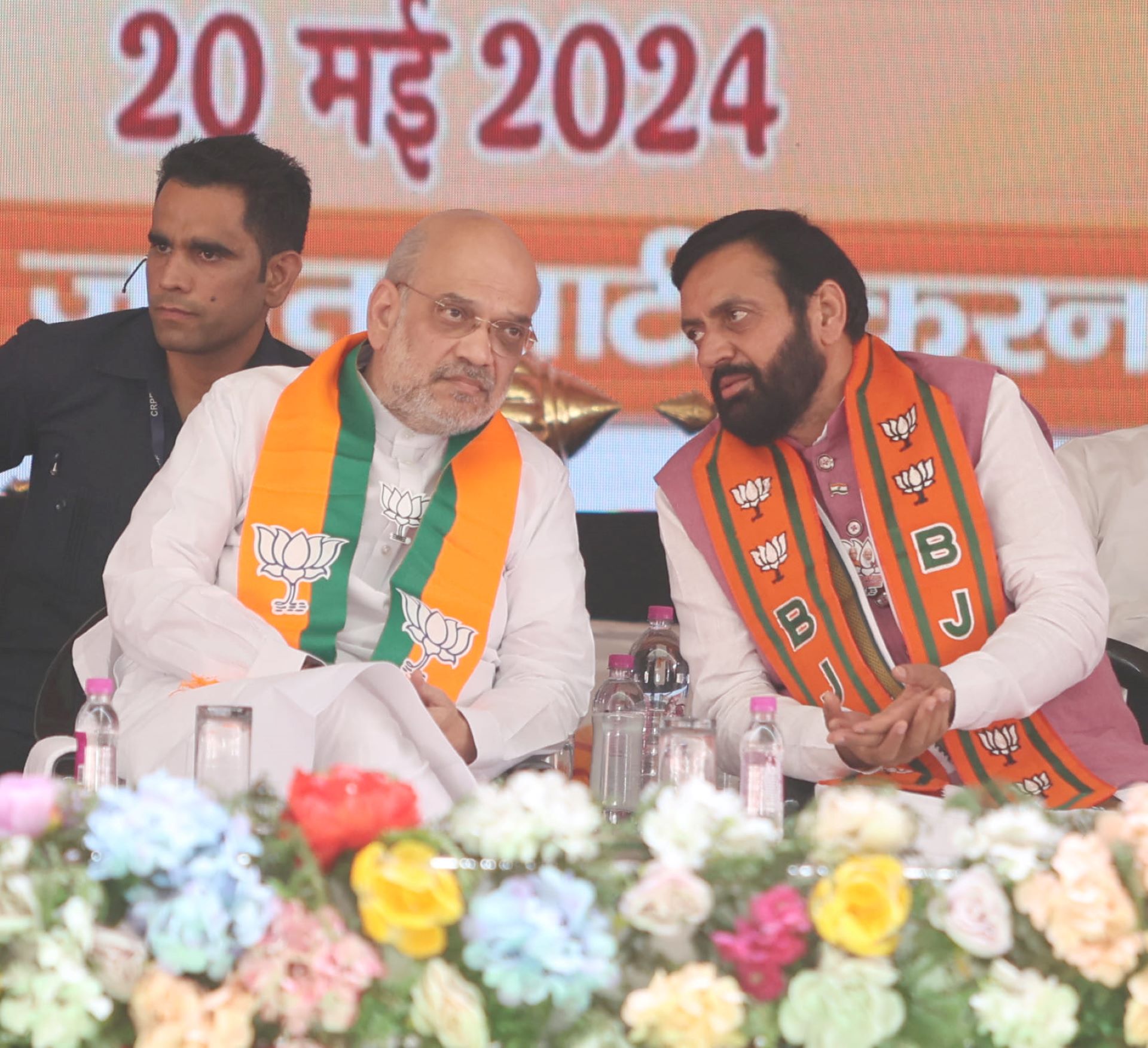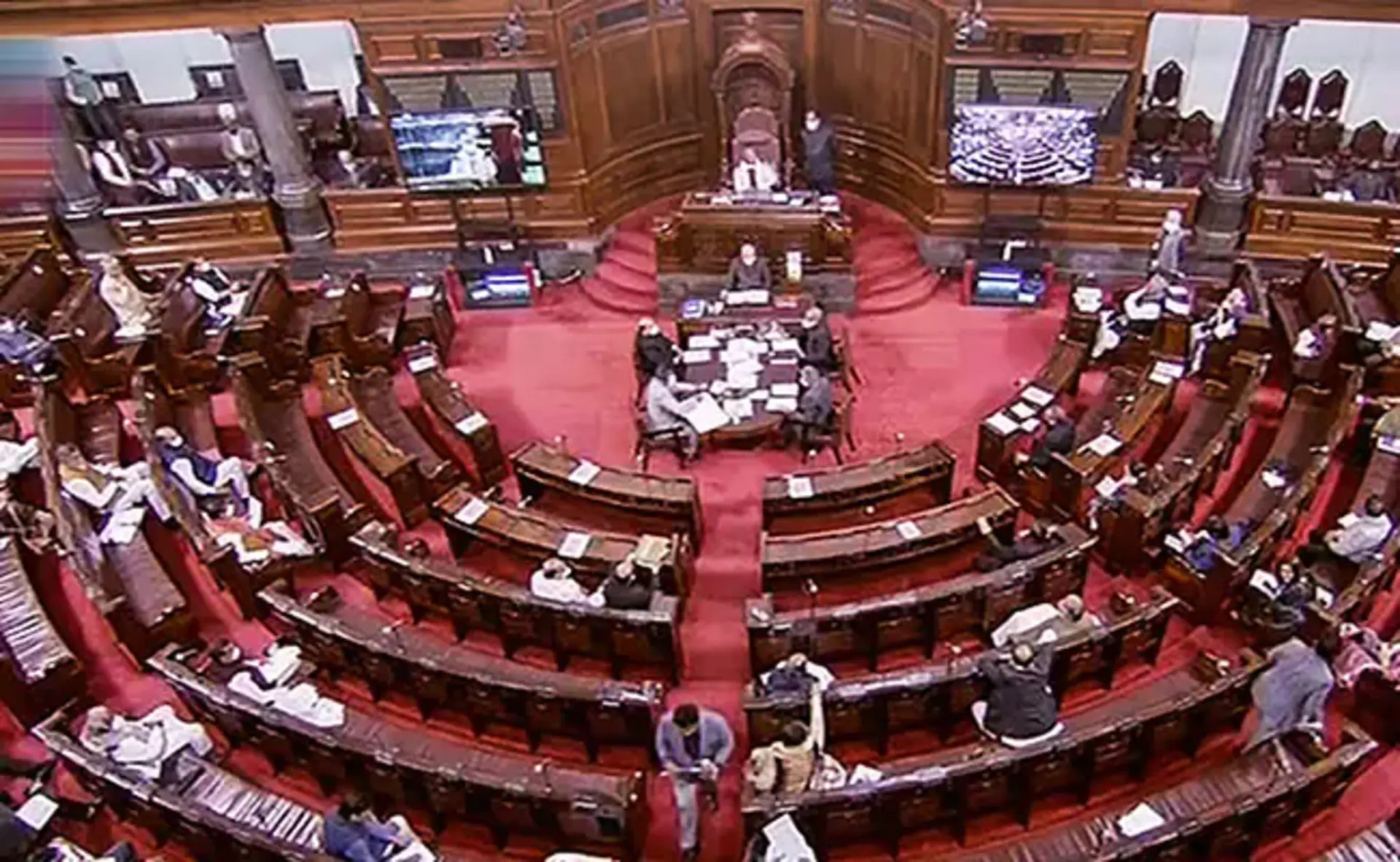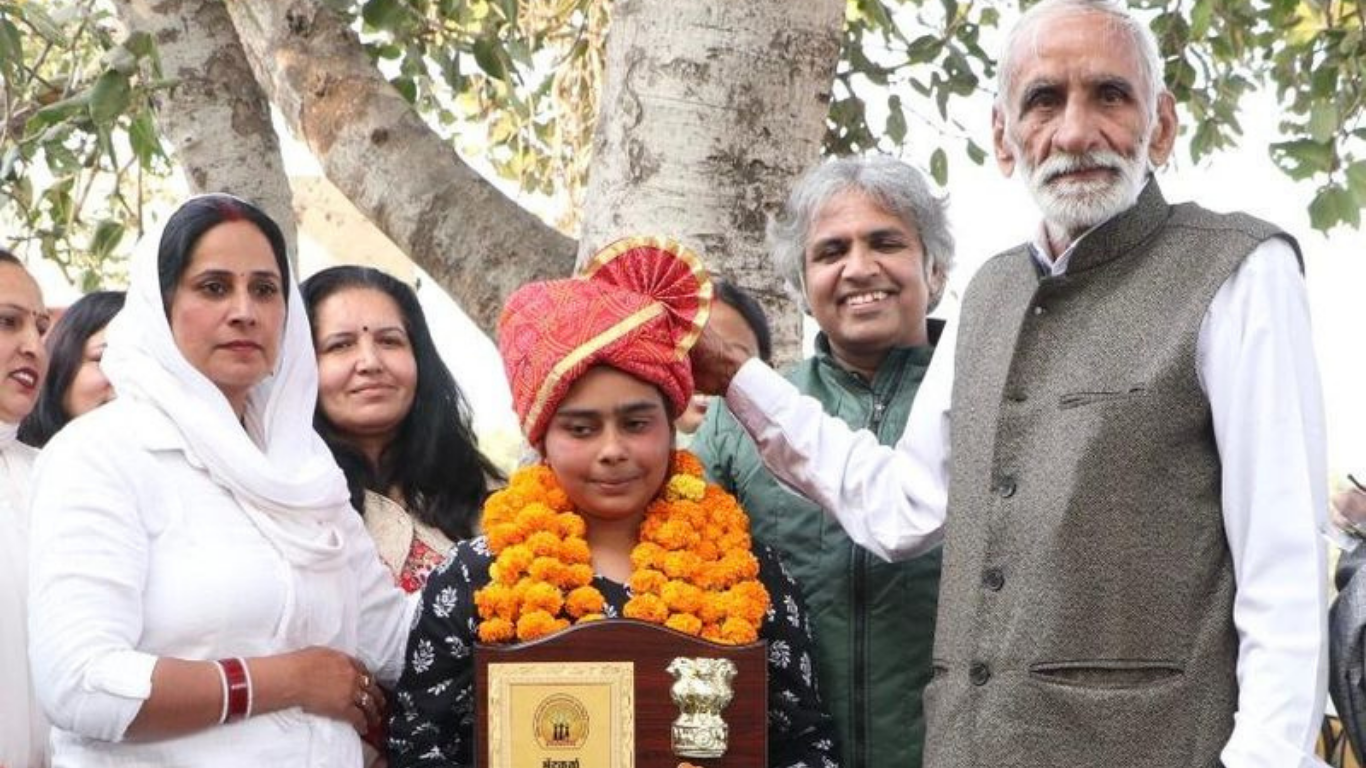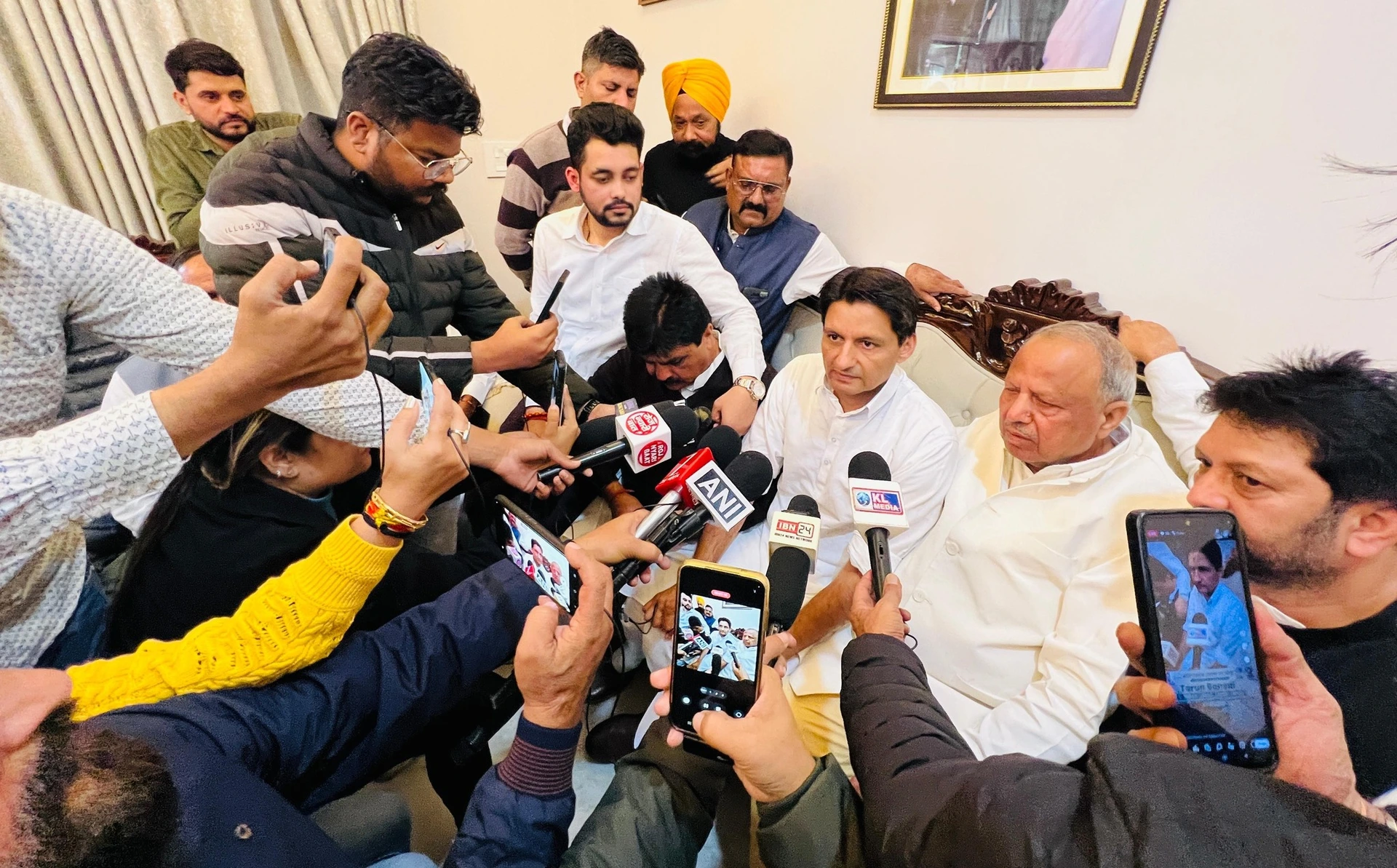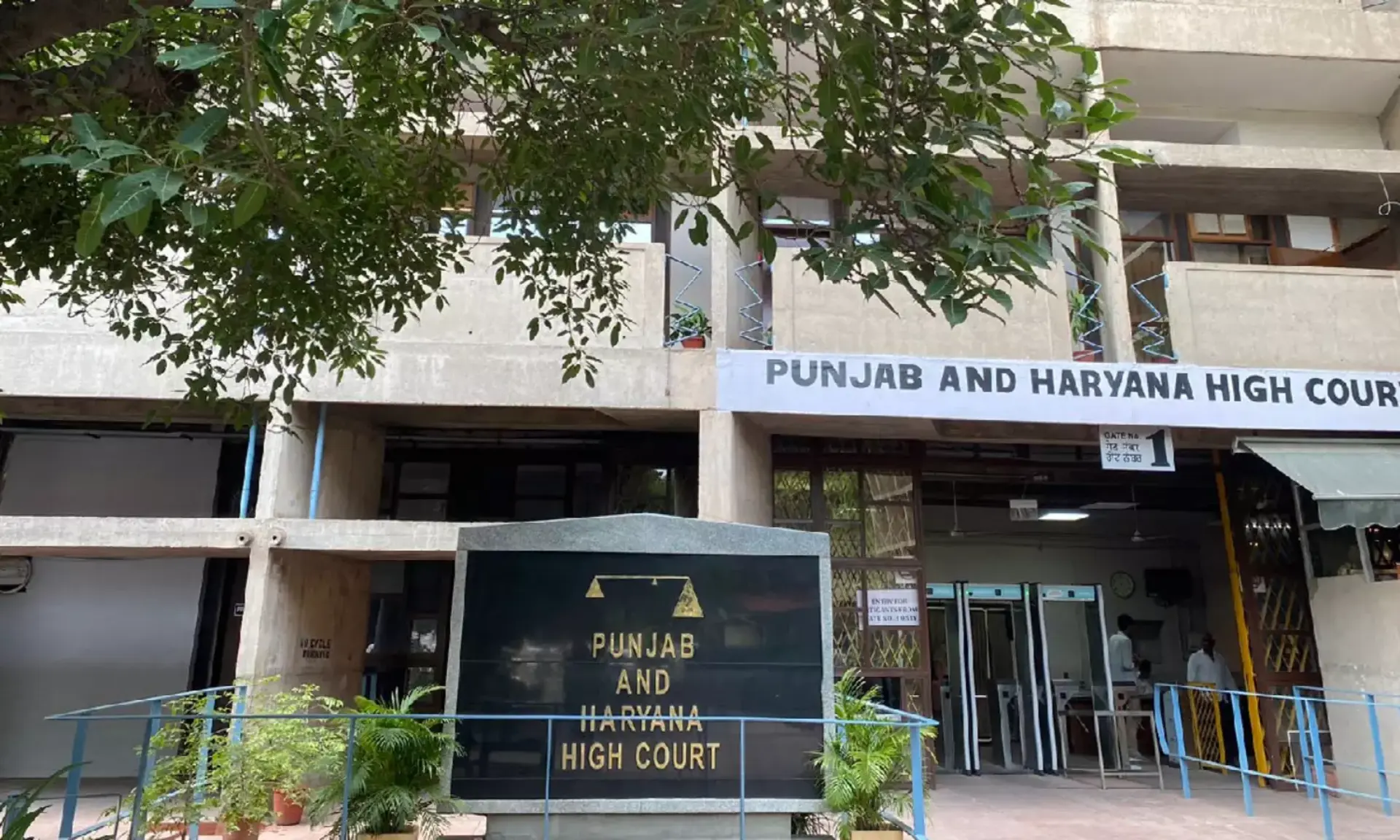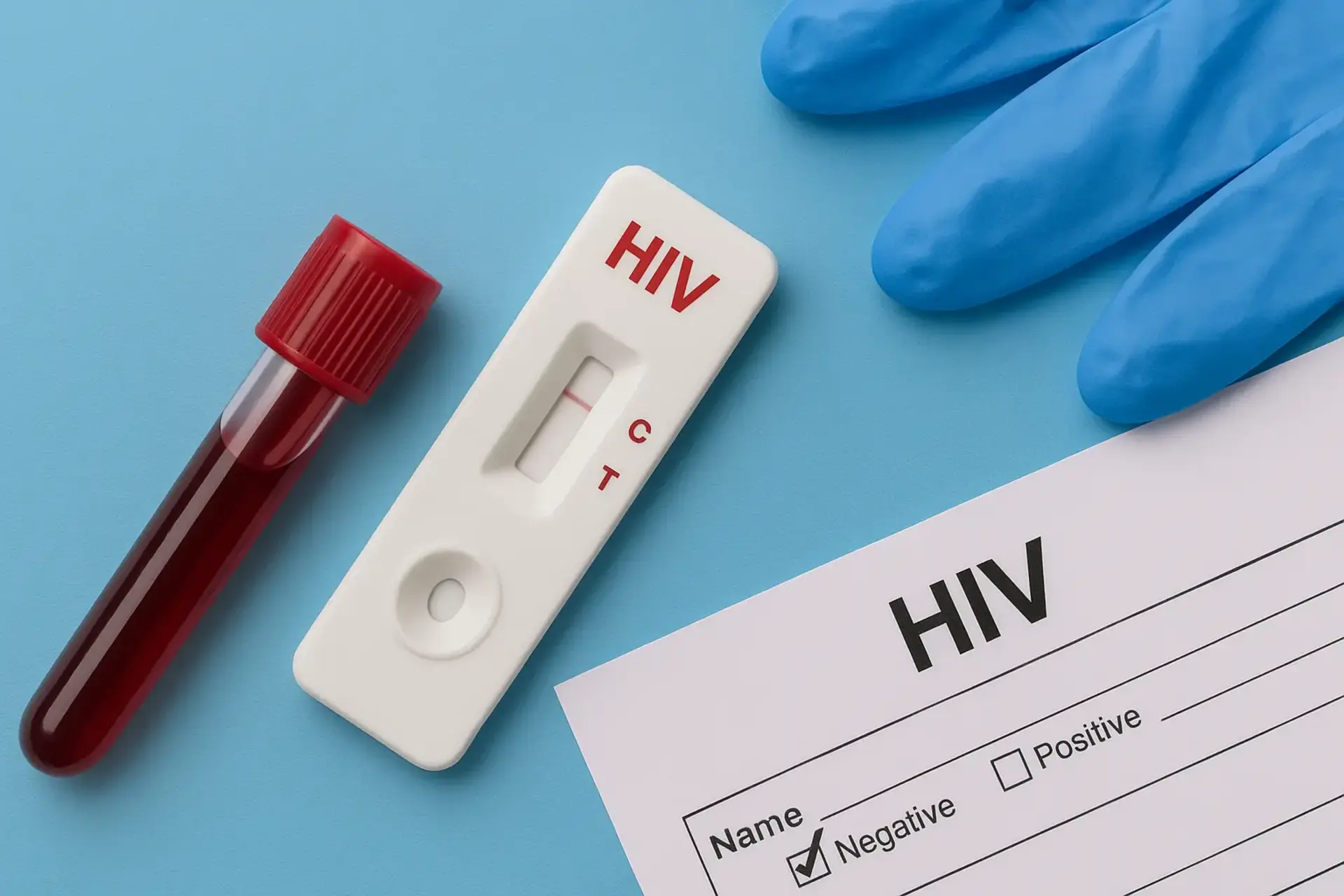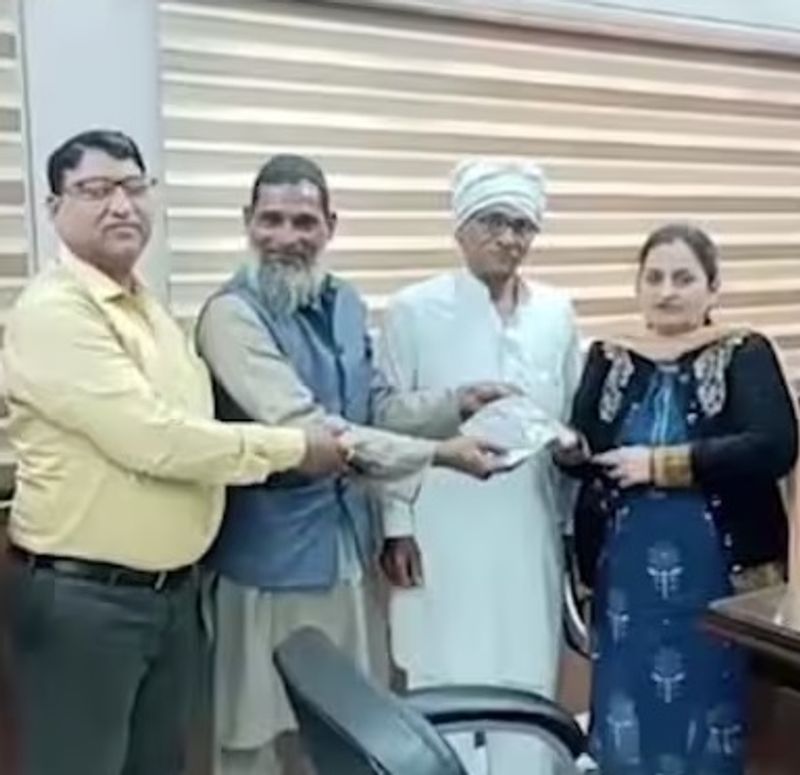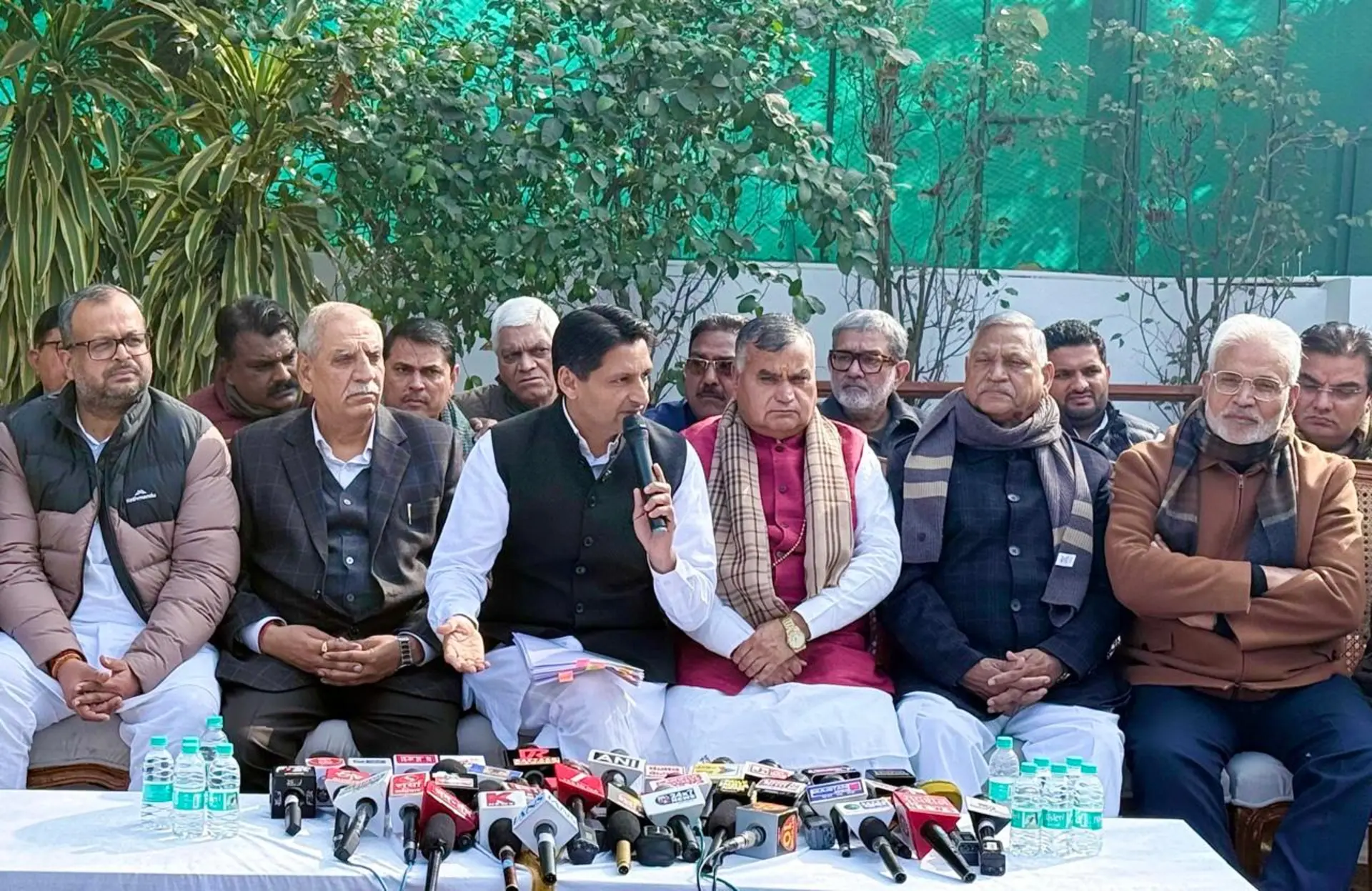
The recent Lok Sabha elections in Haryana have sent shockwaves through the BJP ranks. The party managed to win only 5 out of 10 seats, a significant drop from its 2019 performance. Internal reports suggest that a coalition of Jat and Scheduled Caste (SC) voters played a crucial role in this setback. The BJP not only lost reserved seats like Ambala and Sirsa but also faced tough competition in strongholds like Gurugram, where heavyweight Rao Indrajit Singh narrowly won.
This unexpected alliance between Jats, who were already dissatisfied with the BJP due to the farmers' protest, and SC voters, who were reportedly swayed by Congress's claims about potential constitutional changes, has forced the BJP to reevaluate its strategy. The party's internal review highlighted the need to regain the trust of these communities, especially with state assembly elections looming just five months away.
Wooing SC Voters: A Key Priority
In response to the Lok Sabha results, Chief Minister Nayab Saini has quickly initiated measures to appease SC voters. One significant move is the distribution of 100-square-yard plots to poor families, with SC beneficiaries forming a large portion of the recipients. The CM personally led this initiative in Sonipat, signaling the importance the party places on regaining SC support.
Furthermore, the BJP is now considering nominating an SC candidate for the Rajya Sabha seat vacated by Deepender Hooda's election to the Lok Sabha. Currently, the party has only one SC minister in the state government and one SC Rajya Sabha MP. By potentially adding another SC representative in the upper house, the BJP hopes to strengthen its connection with the Dalit community.
Assembly Elections: The Real Test
While the Lok Sabha results were concerning, the BJP's real challenge lies in the upcoming assembly elections. An analysis of the Lok Sabha results at the assembly segment level shows the BJP leading in only 44 out of 90 seats, with Congress ahead in 46. This narrow margin, coupled with the potential continued alienation of Jat and SC voters, poses a significant threat to the BJP's hopes of securing a third consecutive term in the state.
To counter this, the BJP has already made strategic moves at the national level, including appointing leaders like Manohar Lal Khattar, Rao Indrajit Singh, and Krishan Pal Gurjar as central ministers. The potential nomination of an SC candidate for the Rajya Sabha seat is seen as another calculated step to rebuild bridges with key voter segments.
As Haryana's political landscape evolves, the BJP's efforts to reconnect with Jat and SC communities will be crucial in determining its fate in the upcoming assembly elections. The party's ability to address the concerns of these voters while maintaining its core support base will be closely watched in the coming months.



